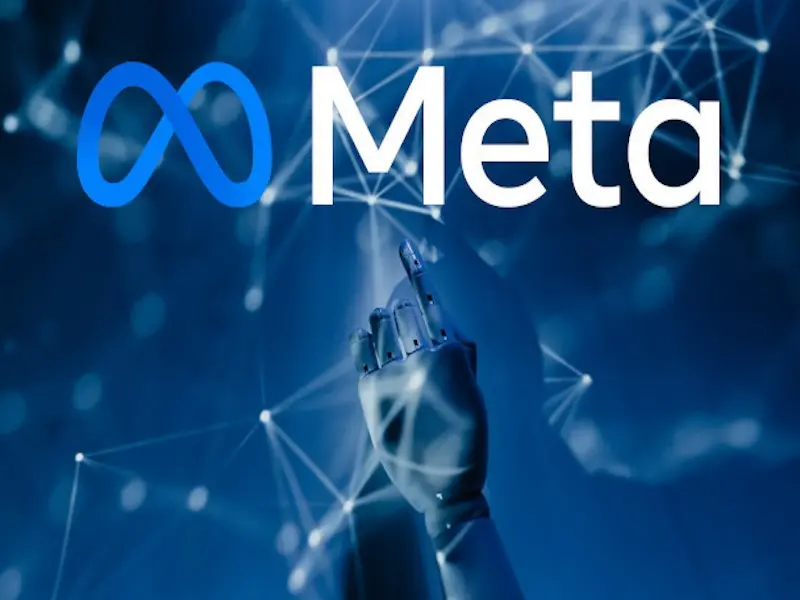- Mark Zuckerberg and Daniel Ek warn that Europe’s complex regulations could stifle innovation in open-source AI.
- They call for streamlined regulations to support developers and maintain Europe’s competitive edge.
OUR TAKE
Tech leaders like Mark Zuckerberg and Daniel Ek express mounting dissatisfaction with Europe’s AI regulations, which, despite promoting ethics, may inadvertently hinder innovation. This over-regulation risks diminishing Europe’s AI competitiveness, driving talent towards more lenient environments. For Europe to excel in AI, it must find a regulatory sweet spot that fosters innovation while maintaining ethical standards.
— Zoey Zhu, BTW reporter
What happened
Meta CEO Mark Zuckerberg and Spotify CEO Daniel Ek issued a joint statement criticising the European Union’s regulatory framework for open-source artificial intelligence on Friday. They expressed concern that Europe’s complex and fragmented regulations are stifling innovation and could cause the continent to fall behind in the global AI race. Their statement highlighted that while Europe has a large community of open-source developers, these individuals are being hampered by inconsistent rules and overlapping regulations.
The CEOs pointed to specific challenges faced by tech companies in navigating the regulatory landscape, which they argue is slowing down the deployment of cutting-edge AI technologies. For instance, Meta’s upcoming AI models, including the Llama multimodal system capable of understanding images, are currently barred from being launched in Europe due to these regulatory hurdles. The Irish privacy regulator recently instructed Meta to delay the release of its AI models until compliance with data protection laws is ensured.
Spotify, which has invested heavily in AI to personalise user experiences, echoed these concerns, emphasising that the regulatory environment is making it difficult for European companies to compete globally. The streaming giant credited its early adoption of AI as a key factor in its success but warned that continued innovation could be stifled if the regulatory issues are not addressed. Both CEOs urged the EU to simplify and harmonise regulations, arguing that this would better support the tech industry and prevent Europe from missing out on significant opportunities in AI development.
Also read: Instagram resumes in Turkey after Meta’s policy revision talks
Also read: Meta, Universal Music Group expand partnership to combat unauthorised AI content
Why it’s important
The joint statement from Zuckerberg and Ek serves as a warning that Europe could lose its competitive edge in the rapidly advancing field of AI if regulatory reforms are not implemented. The fragmentation and complexity of current EU regulations are not only creating barriers for companies like Meta and Spotify but also for the broader ecosystem of developers and innovators who rely on open-source AI. As these regulations create uncertainty, they risk driving talent and investment out of Europe, potentially leading to a brain drain in the technology sector.
Furthermore, the situation highlights a broader tension between ensuring robust regulatory oversight and fostering innovation. While regulations are essential for protecting data privacy and ensuring ethical AI use, they must also be designed in a way that does not stifle progress. The call for clearer, more consistent regulations reflects a desire to strike a balance between safeguarding public interests and enabling technological advancement. Without such a balance, Europe risks being left behind as other regions, particularly the United States and Asia, continue to push the boundaries of what AI can achieve.
The implications of these regulatory challenges extend beyond the tech giants to the entire digital economy in Europe. If left unaddressed, these issues could hinder the development of new AI-driven products and services, affecting sectors ranging from healthcare to finance. The call for reform is not just about benefiting large corporations but about ensuring that Europe remains a leader in digital innovation, capable of leveraging AI to solve some of the most pressing challenges of our time. As the global race for AI supremacy heats up, Europe’s approach to regulation will play a crucial role in determining its place in the future of technology.

